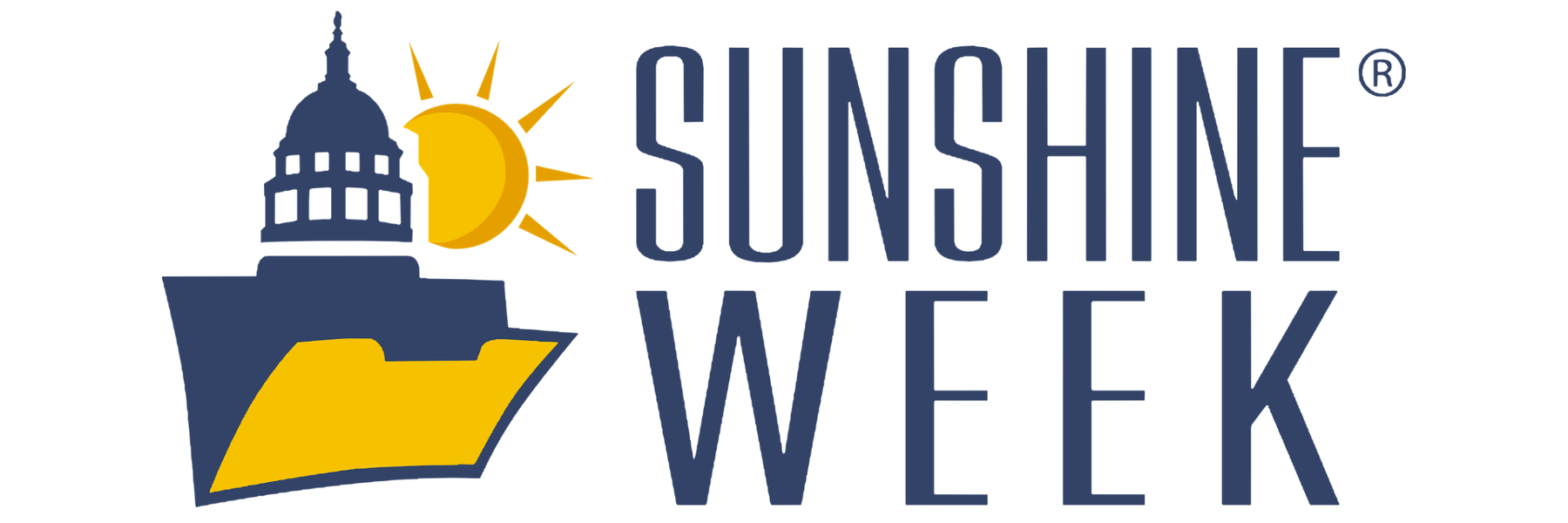“For the Record” continues to cover changes to state open records laws across the country. Previously, we’ve broken down proposed legislation in Colorado and Kentucky, and what’s next for public records laws in New Jersey and Arkansas. This week, we’re going to Utah to understand new changes to their public records law.
Have a tip or submission to include in For the Record? Email MuckRock’s engagement journalist, Kelly Kauffman, at kelly@muckrock.com.
Utah
What the bill would do:
Utah’s Senate Bill 240 bill aimed to modify “provisions of the Government Records Access and Management Act,” or GRAMA, including redefining the requirements of a public record.
Under the bill, a “record” would not include “a daily calendar,” which would allow for the exemption of elected officials’ calendars from the state’s public records law.
The bill addresses recovering “reasonable attorney fees and costs reasonably incurred in connection with a judicial appeal to determine whether a requester is entitled to access to records under a records request, if the requester substantially prevails.”
The bill also defines protected records, including privacy measures “records the disclosure of which would jeopardize the life or safety of an individual.” Protected records will also cover records that would “jeopardize the security or safety of a correctional facility” or contain information that “would interfere with the control and supervision of an offender’s incarceration, treatment, probation, or parole.”
Why it was introduced:
Utah state Sen. Curt Bramble, who introduced Senate Bill 240, said there are two major changes to the state’s GRAMA law: recovering legal fees and clarifying the policy surrounding daily calendars.
SB240 “allows media or others to recover legal fees when [the] government illegally denies a records request and the media or others win in court. This is something the media has been seeking for decades in Utah,” Bramble wrote in an email to MuckRock.
Bramble added that the law also “clarified longstanding policy that ‘daily calendars’ are not public records.”
“This came about because our State Records Committee ignored the law when ruling that ‘daily calendars’ were public notwithstanding the plain language of existing law. This change does not prevent individual appointment details from being public records,” he wrote.
The state senator told MuckRock that when “the bill was in committee the media testified in favor of the legal fees but did not speak against the calendar issue.”
Supporters of the bill include state Rep. Kera Birkeland (R-Morgan), who said on the House floor that the bill “simply helps protect elected officials from an ‘exploitative media,’” reported ABC4.
Birkeland went on to say that “the majority of our media wants to criticize and make something out of nothing and that forces us to do less. That doesn’t create a more transparent government.”
How Freedom of Information advocates view the legislation:
The exemption of calendars from the state’s public records law has alarmed many transparency advocates.
Following the introduction of the bill, the nonprofit watchdog American Oversight said that SB240 “publicly available calendars are an essential tool for holding our officials accountable” and called the bill “a shameless attempt to allow officials to hide their activities from public view” in a statement.
Speaking to a media law class at the University of Utah, attorney Jeff Hunt said that Utah’s 2024 legislative session has “probably seen the greatest number of bills restricting public access to government records and government meetings I’ve encountered in the last 10 years,” reported KSL NewsRadio.
What’s next:
In late February, District Judge Patrick Corum ruled that Utah’s attorney general’s calendar is subject to the state’s open records law, and that the same day, the state House and Senate approved the passage of Senate Bill 240.
Utah Gov. Spencer Cox quickly signed the bill into law, according to Bryan Schott reported in the *Salt Lake City Tribun*e. The law took effect immediately.
The Update
-
Veteran reporter kicked out of Colorado state assembly: Colorado Sun reporter Sandra Fish was escorted out of the GOP-led state assembly after being told that party Chairman Dave Williams found her “current reporting to be very unfair,” reports Jennifer Brown in the Colorado Sun.
-
New Louisiana bill would hide more records from the public: A new bill in Louisiana would allow for a mayor, parish president or chief executive officer of a local government agency to declare any records confidential if they determine it “would have a detrimental effect” on active business negotiations, reports Wes Muller in the Louisiana Illuminator.
-
MuckRock partner featured in Columbia Journalism Review: MuckRock journalism partner States Newsroom was featured in the Columbia Journalism Review, for an article covering its expansion to all 50 states. The article referenced MuckRock’s work with The Missouri Independent and The Associated Press for its “Atomic Fallout” investigative series.
FOIA Finds
-
New footage obtained in police killing of unarmed teenager: 404 Media obtained video and audio material related to the 2022 police killing of 15-year-old Savannah Graziano, through a public-records request with the San Bernardino County Sheriff’s Office. The organization has released the files to provide “insight into what went wrong in this killing of an unarmed teenager,” reports Joseph Cox and Jason Koebler.
-
Memphis newsroom’s effort to access jail’s surveillance videos: The Reporters Committee for Freedom of the Press helped The Daily Memphian obtain surveillance videos showing correctional officers physically assaulting inmates at the Shelby County Jail in Memphis, including two officers who were indicted last year in connection with the beating death of a different inmate.
-
New FOIA-driven book on opioid killer: Long-time MuckRock user Phillip Eil released a new book, “Prescription for Pain: How a Once-Promising Doctor Became the ‘Pill Mill Killer,’” about a Chicago doctor’s massive prescription drug-dealing scheme. MuckRock covered Eil’s FOIA lawsuit to get the records. Along with the book, you can read Eil’s supporting documents on DocumentCloud.




